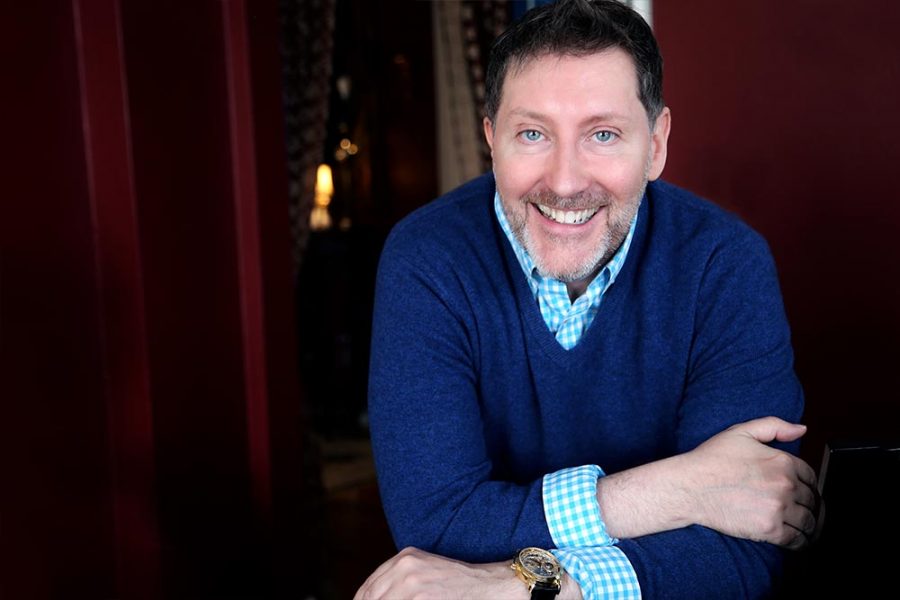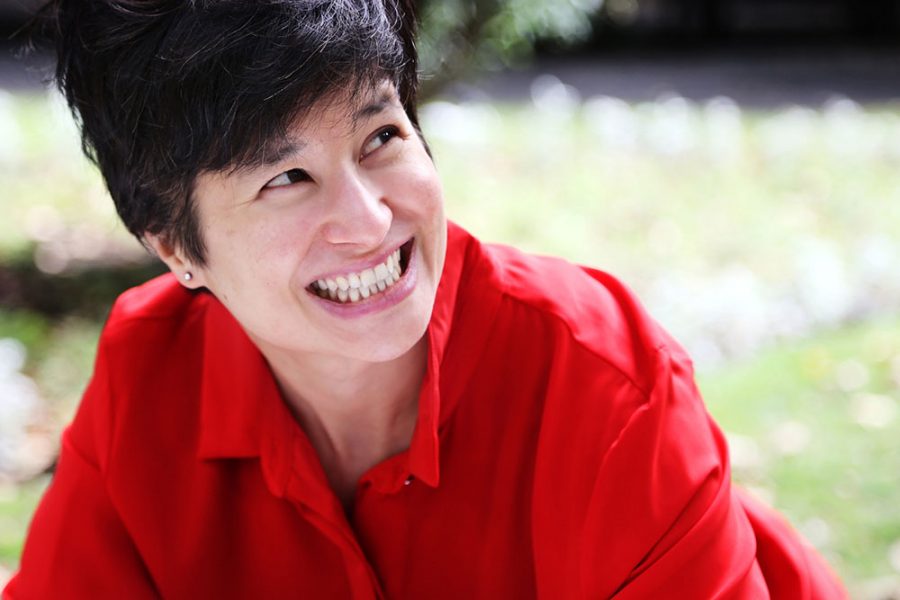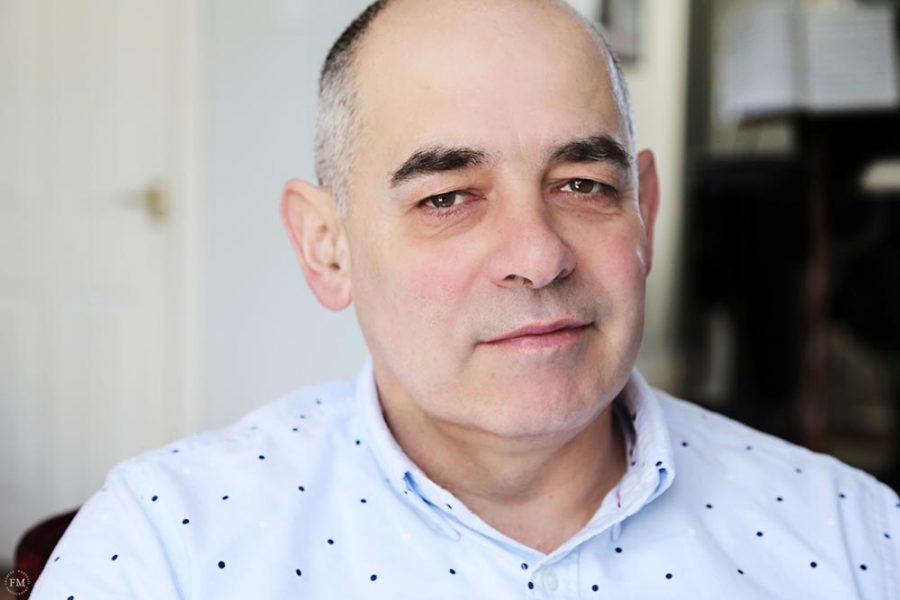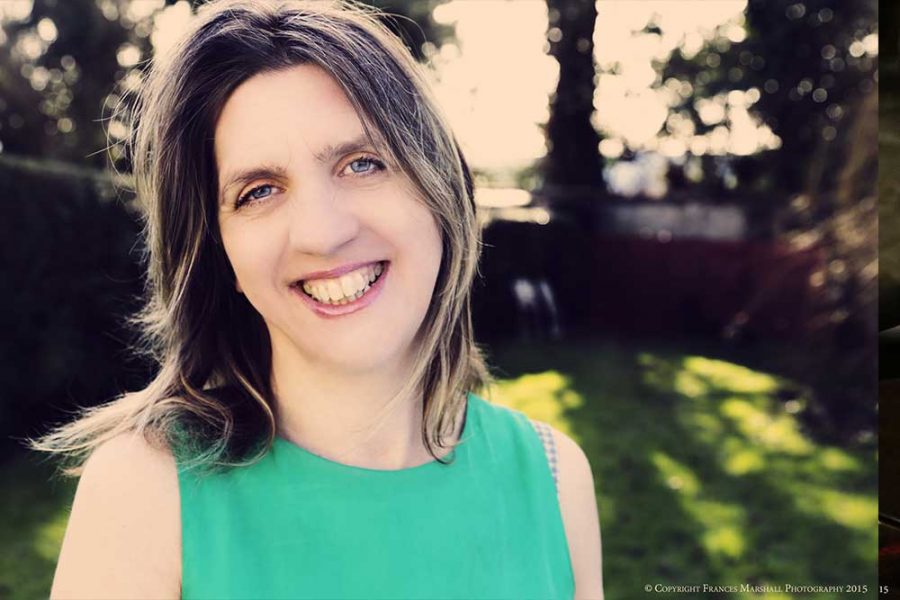Supporting Ambition: Julius Drake

November 2018
Interview and photos by
Frances Marshall
Share this article
With an artist list including Sir Thomas Allen, Natalie Clein, Dame Felicity Lott, Alice Coote, Gerald Finley and Ian Bostridge, it’s safe to say that Julius Drake has earned the international reputation of being one of the most sought after musicians in his field.
His ability to collaborate and draw the finest aspects from the artists he works with has Drake frequenting the stages of the Wigmore Hall, Carnegie Hall, the Concertgebouw and the Musikverein.
We met with Julius in London to talk ambition, childhood inspiration and his work with the finest classical artists performing today.
I can still remember the sudden realisation that this was what I wanted to spend the rest of my life doing - making music on stage with other musicians, not making music alone."

What’s your earliest musical memory?
Well one is when I was about eight my mother took me to see the young Daniel Barenboim play in the Queen Elizabeth Hall. At the end of the concert a member of the audience came up to my mother and said that I had been so involved all night with the music making on stage that perhaps I would like to meet Danny? So we all went backstage to meet him.
What made you choose the career in chamber music?
All my childhood I played the solo piano repertoire, and once I went to a specialist music school (The Purcell School) worked on it intensively. Surprisingly I never played chamber music with other pupils until I was in my first term at the Royal College of Music. I can still remember the sudden realisation that this was what I wanted to spend the rest of my life doing – making music on stage with other musicians, not making music alone.
How does one become a really good collaborative pianist?
This is a very short answer – a lot of hard work, determination, and a passion for music!
Working with the Wigmore Hall you’ve curated a number of song recitals. What are the key ingredients to a good programme?
Well variety is essential – without it the programme will sink. When I meet a colleague to discuss the repertoire we begin with what do they love to sing and the repertoire they feel is closest to their heart. Not everything suits everybody and it’s silly to ignore that; for example, I adore Mozart but I find it very difficult to be fully expressive when I play his music. Another important point is to establish the historical context and the potential links to support the programme selection. I think a good programme needs also to have an intellectual basis, an inner logic.

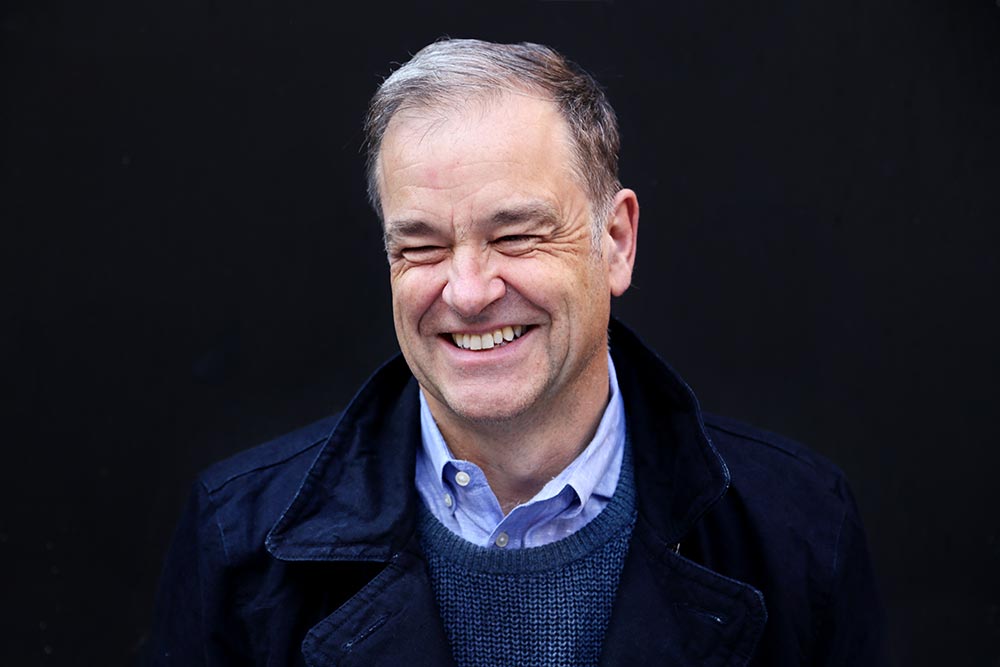


Even if they have big technical difficulties I can always work with them on that, but you can't teach someone to be musical."

What are the main differences when working with singers and instrumentalists, do you have a different process?
There is only one big difference – working with singers you have the extra element of the words. The poem came first and through it we know what inspired the composer’s music. When I work with singers we often spend a good part of the rehearsal discussing the meaning of the the words because it tells us the meaning of the music. Working with instrumentalists the meaning of the music is much more nebulous and unspecific. Other than that I believe there’s really no difference – you’re making music with another musician and hopefully bringing it to life for the audience.
You give regular masterclasses, what are you looking for in a student?
I select students based on their musicality. Even if they have big technical difficulties I can always work with them on that, but you can’t teach someone to be musical. Musical students often struggle with tension when they’re playing because they feel the music so strongly and I can try and help them with that.
Tell us about the Jean Meikle Trust.
My mother died rather prematurely and our family wanted to create something in her name that supported classical music – she was an tremendous music lover. I held a fundraising concert on my 50th birthday and my musician friends all very generously donated their services to raise money for the Jean Meikle Music Trust. We managed to collect a substantial amount of money and we now donate annually to the education programmes of the Oxford Lieder Festival and Leeds Lieder Festival. The Jean Meikle Duo Prize is awarded in her name at the Wigmore Hall Song Competition for the best singer and pianist duo. It’s wonderful that we can keep doing good things in her name.
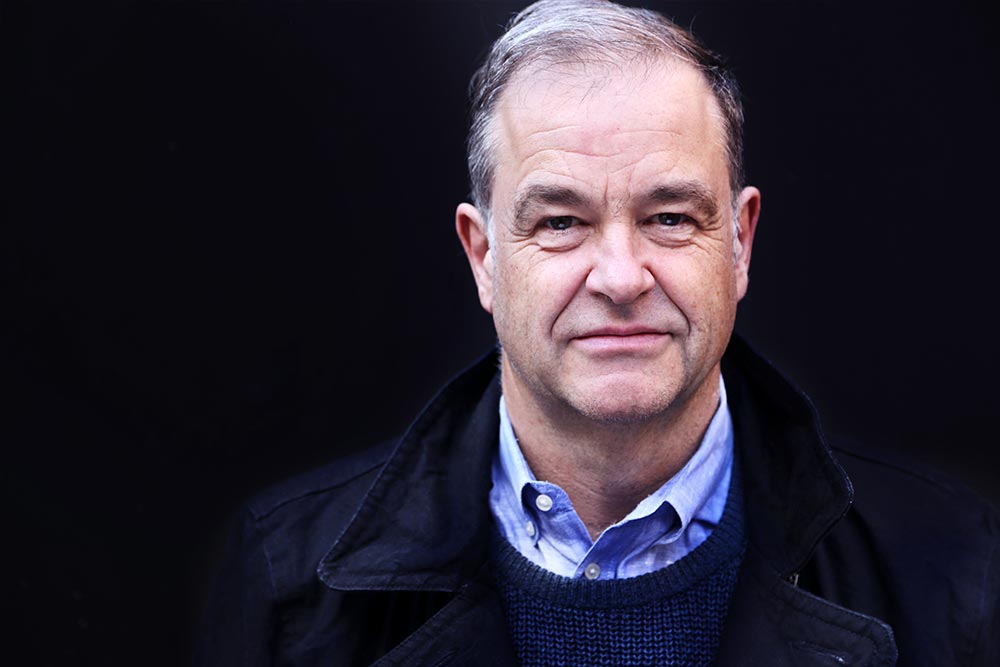


Your calendar is filled with the top artists of the industry, what was the moment that you cracked into this level of exposure?
There wasn’t a moment, I began playing with my contemporaries and continue to do so. Some of my contemporaries have enjoyed great careers and I have travelled with them in the recital part of their musical lives. I also feel that music is a great leveller – when I work with singers and players younger or older than myself I feel we are all the same age, the only thing that matters is our love and feel for the music.
When did your working relationship with renowned baritone Gerald Finley begin, tell us about your upcoming projects?
We met over twenty five years ago, I was doing a programme at the time with the brilliant oboist Nicholas Daniel and we always invited a guest artist to join us in the concert and one of them was the young baritone, Gerald Finley. We started to work together and soon became fast friends, on and off the stage. We just recorded our tenth CD for Hyperion Records, a gorgeous programme of the last songs of Brahms and Strauss.
Your digital presence is strong how important do you think this aspect is today?
As classical artists we cannot sit in our ivory towers. We need to dismantle any sense of elitism in classical music and social media is a great way to help do this.
Your upcoming Music Network tour with cellist Natalie Clein and soprano Claire Booth sounds like a wonderful collaboration. What are you looking forward to about this programme?
This will be my first Music Network tour and I am looking forward to it very much. Natalie is a wonderful musician and a very long standing friend. Claire is a brilliant soprano and we’re going to be doing a very diverse programme mixing pieces by Bach and Brahms and Schubert with Pritchard and Tavener and Cage. It’s going to be a great tour!
To find out more about Drake’s upcoming tour with Music Network: www.musicnetwork.ie
For more information about Julius Drake: www.juliusdrake.com
All images displayed in this article are subject to copyright.
Share this article


